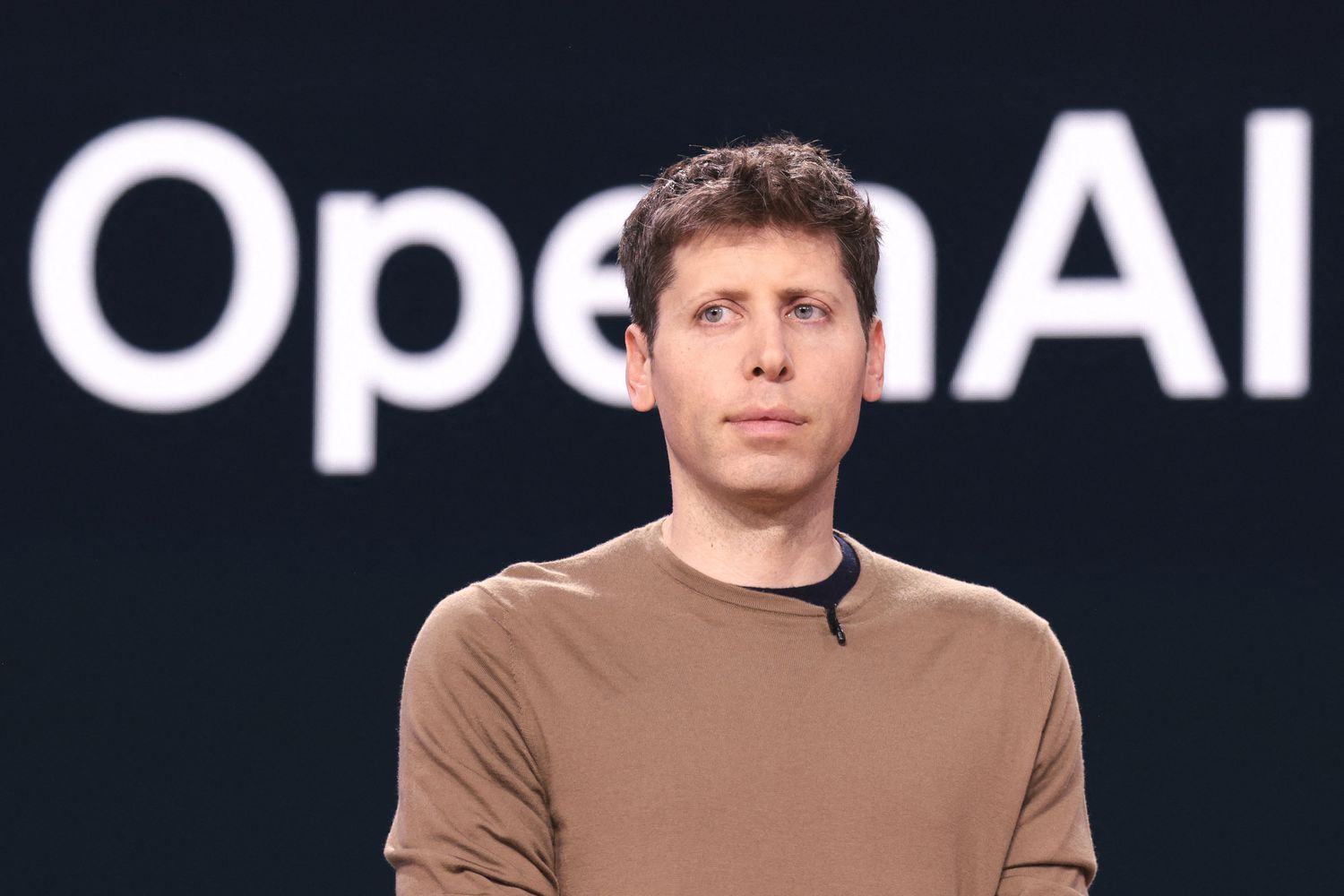OpenAI CEO Sam Altman has made a surprising reversal on a major policy decision he once described as being in the “best interest of the world.” The company has now decided to allow adult-oriented content on ChatGPT for users above 18 — a notable shift from its earlier strict stance.
For years, OpenAI enforced tight restrictions on explicit material in its chatbot, arguing that such limitations were essential to ensure ethical and safe AI use. Now, the organization claims that new safeguards are strong enough to responsibly reopen access.
🧠 What Led to the U-Turn?
According to the report:
✅ OpenAI has built advanced age-gating and safety systems
✅ The company believes adult users should have freedom
✅ They do not want to be seen as the “moral police” of the world
This policy shift reflects a broader industry move — AI companies are trying to respect adult creativity and autonomy while still keeping minors safe.
⚠️ Why This Decision Is Facing Criticism
Not everyone is convinced the move is wise. Concerns raised include:
- The risk of minors bypassing safeguards
- Difficulties in accurately identifying user age
- Potential rise in harmful, exploitative, or illegal content
Safety experts argue that even with new barriers, explicit AI content could still reach vulnerable audiences.
📌 OpenAI’s Defense
Sam Altman insists:
The goal is to empower adults while still protecting children.
The company compares the update to movie age-rating systems — regulating viewers, not the content itself.
Altman says that technological improvements, especially in monitoring and mental-health emergency detection, gave them confidence to evolve the policy.
🌍 What This Means for the Future of AI
This U-turn speaks to a larger theme in artificial intelligence:
- ⚙️ Governance policies will keep changing fast
- 🧩 Balancing ethics and innovation is becoming more complex
- 🌐 Global standards on digital safety are far from unified
OpenAI’s decision will likely push competitors to rethink their own rules — sparking new debates around personal rights versus online protection.
✅ Final Takeaway
Sam Altman’s shift reflects OpenAI’s ongoing struggle to:
🔹 Support user freedom
🔹 Maintain ethical responsibility
🔹 Innovate faster than risks evolve
What was “best for the world” a few weeks ago has already changed — showing how rapidly AI policies, norms, and expectations are evolving.
